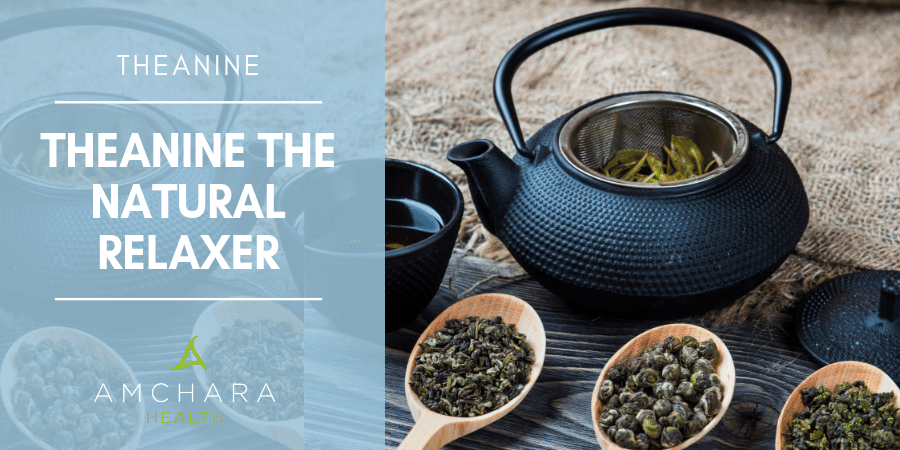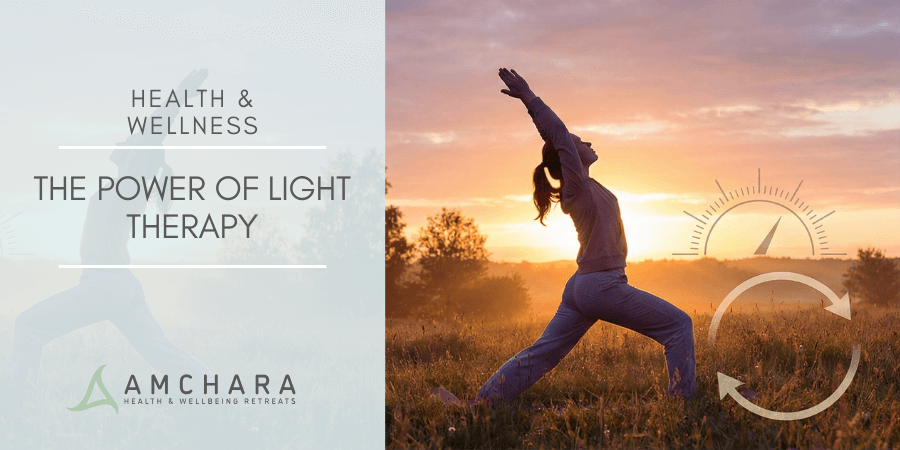Topics Covered in this article:
You may not have heard of a substance called theanine, but if you suffer from insomnia, high blood pressure or a lack of concentration, this unique amino acid may be one you should become better acquainted with.
What is Theanine?
Theanine, or L-theanine, is one of over 20 amino acids.
Unlike many amino acids it is not usually found combined with others in a protein but exists on its own.
L-theanine (N-ethyl-L-glutamine) is structurally similar to glutamic acid, one of the primary excitatory neurotransmitters in the brain.
Its similarity in structure to glutamate allows it to interact with glutamate receptors which may help to regulate neuronal response involved in mood, stress, pleasure and reward. (8)
Theanine is almost exclusively found in tea (more specifically green tea, oolong, pekoe and black tea), as well as in a mushroom known as Xerocomus badius and certain species of genus C. sasanqua, C. japonica and Camellia.
It is the theanine that gives green tea its distinctive flavour.
Health Benefits of Theanine
Green tea originated in China around 4,000 years ago and was used by traditional Chinese medicine practitioners for medicinal purposes.
In ancient times it was thought to improve heart function and mental processes and was also used as a stimulant and a diuretic.
It has grown in popularity in recent years for its numerous biological benefits, including antioxidant, anti-inflammatory, antimicrobial, and neurological effects.
Theanine’s biological effects on brain function may be due in part to its ability to cross the blood brain barrier.
Studies have shown that it brings a noticeable relaxation effect to those who drink it. (5)
It’s thought that the theanine content in green tea may promote feelings of calm and contribute to a relaxed non-drowsy state.
Theanine’s Effects Include:
- Encourages relaxation, calmness and effective stress management through its action on improving GABA.
- Offers neuroprotective effects and memory enhancement
- Supports brain neurotransmitters that play a role in mood and motivation
- Supports alpha wave activity in the brain
- Counteracts stimulating effect of caffeine – Jang et al. (4) reported that L-theanine partly counteracted caffeine-induced sleep deprivation in animal models
- Supports healthy blood pressure through relaxation
- Offers protection for the body, including the cardio-vascular system as it has mild antioxidant activity
- May be effective for managing hypercholesterolemia through its ability to inhibit lipid peroxidation (9)
Theanine and Sleep
Though the health benefits of green tea have been known for centuries, recent research is providing evidence of the relaxing and sleep enhancing benefits of its constituent theanine.
A Canadian study, in the journal Alternative Medicine Review, reported that L-theanine improved some aspects of sleep quality in boys with attention-deficit hyperactivity disorder (ADHD).
Research has identified several neurotransmitters associated with human sleep-wake cycles, including gamma-aminobutyric acid (GABA), serotonin, noradrenaline and histamine. (1)
It stands to reason that nutritional interventions that act on these brain neurotransmitters may influence sleep.
This is evident from several studies.
Nathan et al. (2006 ) reported that L-theanine increases serotonin and GABA levels in the brain. (2)
It is well established amongst medical experts that activation of GABA receptors facilitates sleep.
Serotonin is also involved in the sleep-wake cycle as it is needed to produce melatonin, the main hormone involved in sleep.
Raising levels of these important neurotransmitters in the brain may be one of the reasons why theanine produces feelings of wellbeing and demonstrates sedative actions.
Other research points to the stimulating effect of theanine on alpha brain waves.
Alpha wave activity is linked to increased creativity, improved learning and concentration, improved performance under stress, and decreased anxiety.
Studies consistently show that theanine increases alpha wave activity in the brain, creating a state of deep relaxation and mental alertness. (6)
Interestingly, it isn’t just alpha waves that are affected, according to Motoki M et al. (2012) high doses of theanine also lower blood pressure. (7)
Theanine has also been shown to affect levels of dopamine, another feel-good substance in the brain. (3)
Take home message:
Overall studies indicate that theanine presents a promising therapeutic intervention for improving the quality of your sleep and helping you feel more refreshed in the mornings.
If you’ve tried green tea and its not for you, theanine is available in supplement form so you needn’t miss out on its sleep enhancing benefits.
Do you have trouble sleeping?
Have you tried theanine?
Did it work for you?
We’d love to hear your comments.
READ THIS NEXT:




